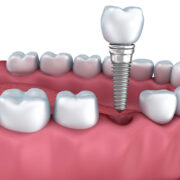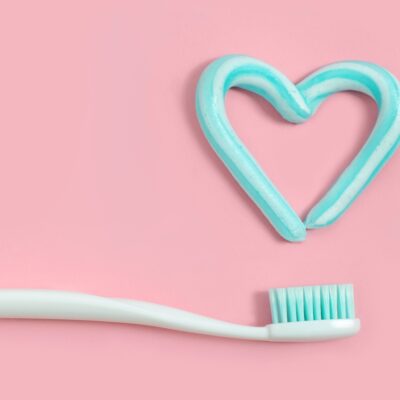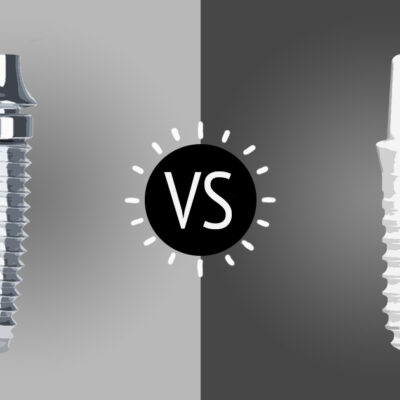The risk of complications from dental surgery is extremely low, especially if you have the procedure done by an experienced and reputable dentist. The CDC has stated that the risk of death from general anesthesia is 1 in 1 million, which is a significantly lower risk than driving a car. These complications usually stem from a medical condition or another pre-existing issue rather than the surgery itself. In some cases, complications can be avoided with careful planning and communication between you and your dentist. Read on to learn more about the risks of dental surgery and what you can do to reduce your chances of experiencing a negative outcome.
Dental surgery and the risk of infection
Some dental procedures require the use of a local anesthetic, while others require general anesthesia. Local anesthesia numbs the area that is being treated, while general anesthesia renders the patient unconscious and unable to feel anything below the neck. Because of the risk of infection associated with general anesthesia, dentists usually try to avoid it if at all possible. HIV and hepatitis B and C are transmitted through blood, and those with open wounds are at a heightened risk of contracting these diseases during dental surgery.
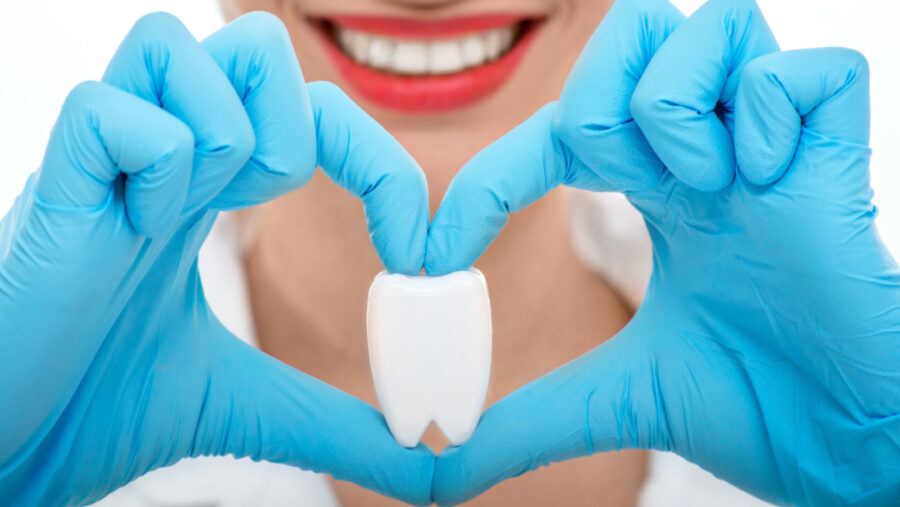
To reduce the risk of infection, dentists wear gloves, protective gowns, masks, and eye goggles. They also take steps to ensure that the equipment used in the dental surgery is as clean and bacteria-free as possible. Dental surgery that involves the extraction of teeth may carry a higher risk of infection. Extraction sites are usually closed with sutures, which means that the dentist has to make an incision in the gum tissue to access the roots of the teeth.
Dental surgery and the risk of bleeding
Most dental surgery doesn’t involve any incisions and therefore doesn’t increase the risk of bleeding. Exceptions to this include certain gum surgeries and some tooth extractions. The incision made during extraction is usually very small, but it could cause enough bleeding to require a blood transfusion if you are particularly susceptible to bleeding.

A Blood thinners can reduce the risk of bleeding during oral surgery, but they also increase the risk of bleeding with normal activities like brushing or flossing. Blood thinners are not appropriate for everyone, so your dentist will take this into account when recommending treatment.
Dental surgery and the risk of nerve damage
A Dental surgery that involves opening the mouth or the jaw can damage nearby nerves and cause pain in the area. Dental surgery is usually done from the outside, but sometimes an incision is needed to remove obstructing teeth. If your dentist has to open the inside of your mouth to access an impeding tooth, he or she will take every precaution to avoid damaging nearby nerves.
Dental surgery and the risk of breathing problems
Dental surgery that requires general anesthesia is the only procedure that carries a risk of respiratory problems. There are two main causes of respiratory complications during dental surgery: hypoxia and hypercapnia. Hypoxia occurs when the body doesn’t receive enough oxygen, while hypercapnia is when too much carbon dioxide builds up in the blood.
These complications are avoidable if the dentist takes appropriate precautions to ensure that you are breathing comfortably and receiving an adequate supply of oxygen. If you have suffered from breathing problems or another kind of complication during dental surgery in the past. Your dentist may recommend monitoring. Monitoring helps you and the dental team to identify and address any potential issues before they turn into a serious problem.
Dental treatment and the risk of vision loss
Dental surgery that requires an incision carries a very small risk of temporary vision loss. Vision loss is a rare complication that occurs when blood or infection enters the eye. Causing a condition called ocular inflammation. If the blood or infection travels to the back of the eye. It can cause retinal detachment, which is a serious and potentially vision-threatening complication
Dental surgery that involves an incision is usually done as quickly as possible to minimize the risk of ocular inflammation. Your dentist will carefully irrigate the wound to remove as much blood or infection as possible. And may prescribe antibiotics or eye drops to reduce the chances of retinal detachment.
Dental surgery and the risk of depression or anxiety
The risk of developing depression or anxiety is higher among patients who have experienced the death of a loved one. A debilitating injury, or a physically or emotionally traumatic event. Although dental surgery doesn’t fall into any of these categories.
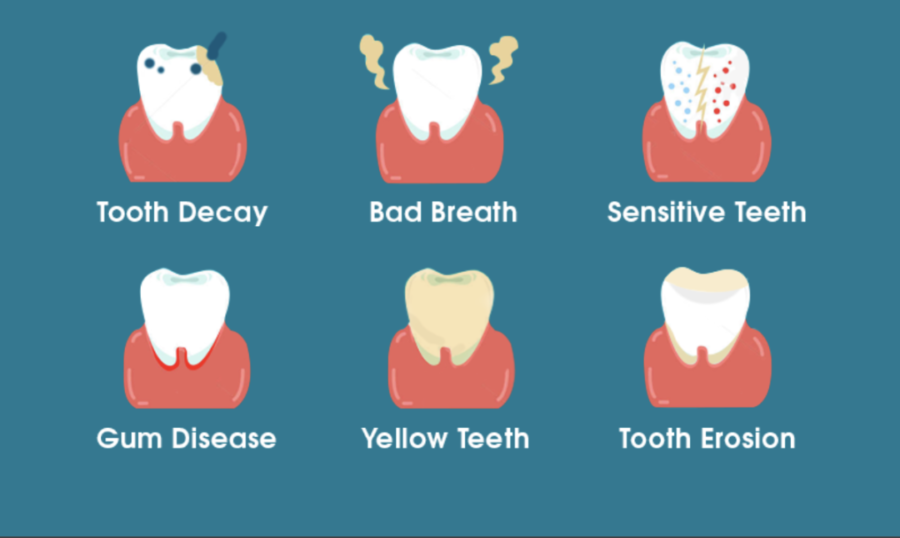
Dental surgery-related distress causes feelings of fear, shame. And anxiety and is often related to concerns about pain and blood loss. People who experience dental surgery-related distress often benefit from cognitive behavioral therapy. Which can help them to understand and overcome the root cause of their anxiety.
Surgery and the risk of oral-shaped discoloration
The gums surrounding an extraction site are usually healthy enough to heal normally. But some people experience a discoloration of the gums and teeth. Healing time and discoloration are related to a number of factors. Including the gums’ natural Color, the health of the gums, the time of the year. And the extent of the extraction. Most gums are pink or light purple, but some people have gums that are darker.
Patients with dark gums are more likely to experience discoloration after an extraction. Usually manifesting as a darkening or graying of the gums and teeth. Dental surgery can also increase the risk of gingivitis, which causes a yellowing of the gums as they become inflamed.
Final words
Dental surgery is a safe and often necessary way to treat an array of dental issues. Before any procedure is performed, your dentist will outline the risks and benefits so that you can make an informed decision. Regular dental checkups can help you to identify dental issues at their earliest stages and avoid the need for surgery in the first place. If you have questions about the risks associated with dental surgery or want to learn more about how to prevent dental issues. Make an appointment with your dentist today.


